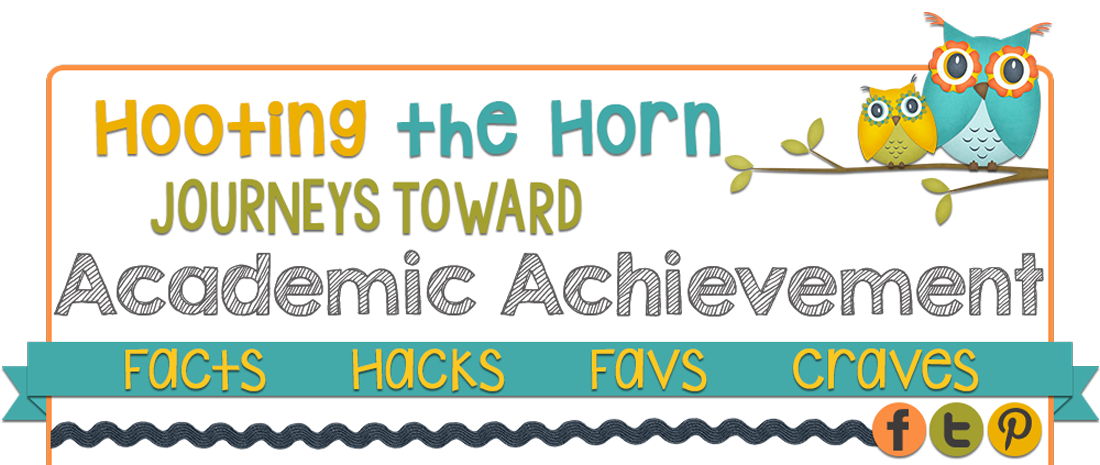I may be showing my age, but my first experience with coding was using BASIC during my formative years. My parents indulged my extreme desire to have a computer and gave me an IBM portable computer for my birthday and Christmas (those of you with birthdays near Christmas understand my meaning). Back then, DOS ruled the day and I had to use a series of 5.25" floppy disks to run programs. Of course, I wanted to make my own programs too. I wanted to tell my computer what to do. There was no Internet to Google my way to programming excellence. There were books...with way too many pages. My foray into BASIC began. I don't recall making anything extraordinary. With some effort, I recall making my computer emit beeps if a person answered certain questions correctly. Despite my limited programming prowess, my first experiences into coding sparked something deep within me; it still persists today.
I recently participated in the Hour of Code and it really brought back some great memories. I still have that old IBM and those floppy disks. I don't know if it still works. I thought about getting a stern warning from my computer science professor in college because I decided to write a program full of references to Star Trek instead of following an assignment (I still believe it was a great program!). It also reminded me of the strong connection between coding, logic and mathematics. The skills students learn in middle school math through algebra provide a solid foundation for learning to code, but it's never too early to learn.
My middle school and high school didn't offer computer science or programming classes, and I had to learn it on my own. I wasn't alone in my self-education and it makes me wonder where we'd be if students such as myself had those opportunities. We no longer have to guess. We have so many avenues to expose children to the languages that are essential to a tech-driven world. Based on my experience with the Hour of Code, I'm committed to developing and implementing a lesson plan that gives my students the opportunity to learn a skill so crucial in today's society and future societies. Tomorrow's jobs will require knowing how to use programs as well as understanding the languages that make them work. Maybe the meaning of the word "bilingual" will expand to include understanding how to communicate in spoken/written languages and programming languages. Hopefully, my students will experience that same spark I did so many years ago.

No comments: